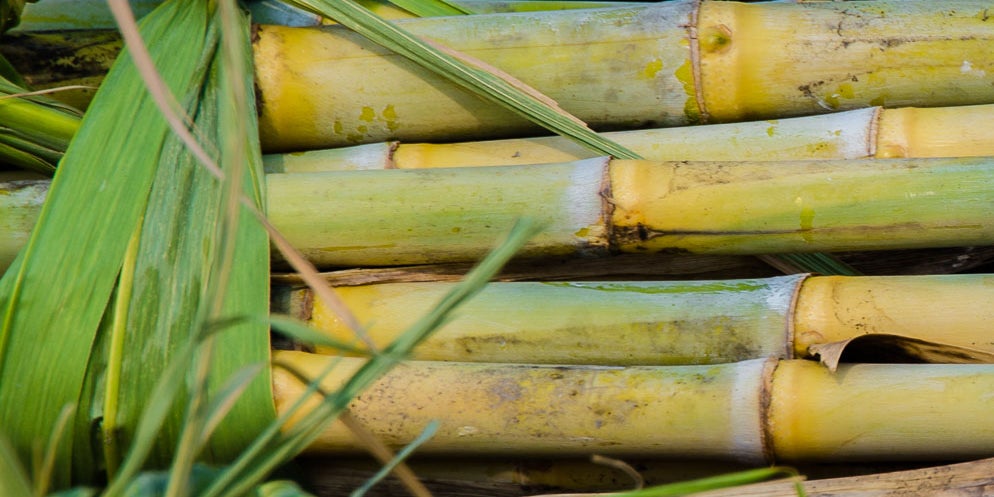
Sugar: Taking the bitter with the sweet
Malibu and Kahlúa use roughly 500,000 tons of sugar from sugar cane each year, which is by far the largest agricultural ingredient for both drinks, used both in the production of alcohol and as a flavoring. The cane comes from a variety of locations, taking up almost 10,000 acres of land for cultivation, an area nearly the size of two Manhattans.
Sugar cane cultivation is associated with high risks in terms of environmental impact and human rights issues and is considered a focus area for Malibu and Kahlúa in their sustainability work. However, sustainability in sugar production is a complex issue that requires a broad approach from multiple stakeholders.
Influencing the Industry Through Bonsucro
As a result, we are part of the multistakeholder organization Bonsucro, which promotes sustainable sugar cane and aims at improving the livelihood of sugar cane farmers.
Billy King, Director of Technical and Sustainable Performance at Malibu and Kahlúa, represents the entire Pernod Ricard group on the Bonsucro Members’ Council. Together with several key members, including representatives from the Coca-Cola Company, PepsiCo and Nestlé, he is influencing the sugar industry to move in a more sustainable direction.
Buying locally and collaborating with suppliers and growers, makes us confident that there are good conditions throughout our value chain.
“We’re convinced that by teaming up with other big players through Bonsucro, we can help to drive the change needed to ensure sustainable development in this sector”, says Billy King. “Buying locally and collaborating with suppliers and growers, makes us confident that there are good conditions throughout our value chain”.
“The ideal scenario for Malibu and Kahlúa would be to purchase all sugar from local farms and refineries in close proximity to our main production locations, in Barbados and Mexico respectively. That way, we could both reduce our transporting distances and be able to establish a closer relationship with growers and producers, which would increase the transparency in the production”, says Billy King.
For Kahlúa, this is already in effect. The suppliers come from Veracruz, Mexico, close to our production site. The farmers we work with are encouraged to join Bonsucro and start working to meet the criteria set for sustainable production. For the sugar cane used to make Malibu, work is still in progress. We are currently discussing different opportunities to support local growers in Barbados, and thus also supporting the country’s sugar industry, which has been in decline in recent years.
Certification a Slow Process
The sugar industry has a major environmental impact, associated with deforestation, loss of biodiversity and soil degradation. Difficult working conditions on sugar cane farms are also common, and they often pay low wages for both heavy and dangerous labor.
Only a fraction of the sugar currently grown worldwide is certified, but Bonsucro has observed some progress in recent years. The harvest of certified sugar has increased from 66 million tons to 72 million tons annually. Data also shows that Bonsucro certified crops often have higher yields than conventional, and workers earn an average of 20 percent more than from other crops and certified farms have a 5.5 percent lower environmental impact than conventional on average.
Pernod Ricard’s and The Absolut Company’s sustainability strategy puts emphasis on sourcing raw materials according to sustainability standards, produced by resilient agricultural systems and on reducing the CO2 footprint along the value chain.
Pernod Ricard’s and The Absolut Company’s sustainability strategy puts emphasis on sourcing raw materials according to sustainability standards, produced by resilient agricultural systems and on reducing the CO2 footprint along the value chain.
“So far none of the sugar we use is certified. However, this is a complex situation with many hurdles to overcome. Currently, we are on a journey to ensure that everything will be certified within the next few years. The Bonsucro’s calculator we use monitors changes in climate emissions from cultivation, fertilization, land use and energy use, which gives us the opportunity to track improvements in our value chains over time and meet the goals set out in our sustainability strategy” says Billy King.